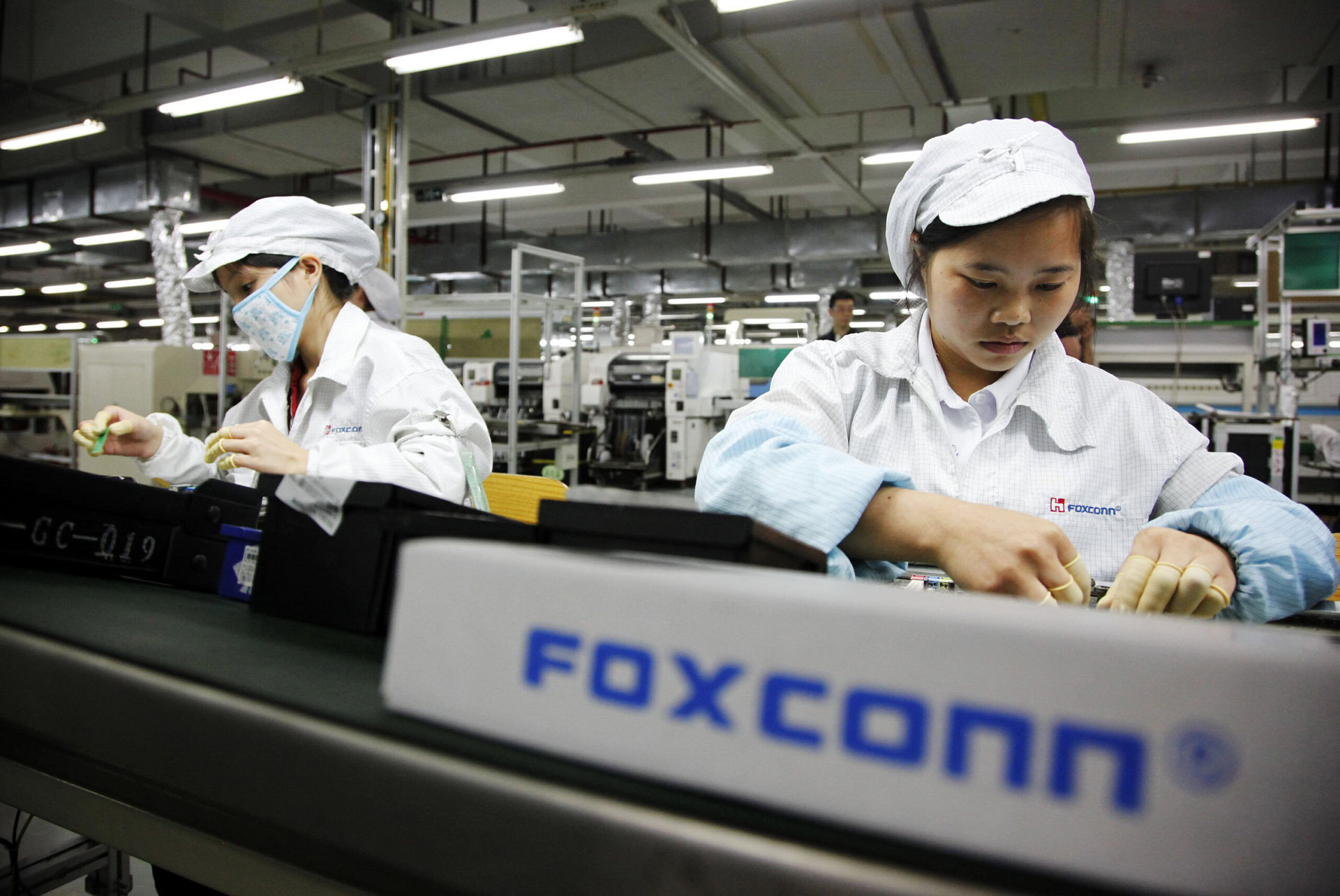Affiliate links on Android Authority may earn us a commission. Learn more.
Report: Defective iPhone parts worth $43 million stolen, used to make new iPhones
Published onDecember 20, 2019

It’s a con job straight out of a Hollywood film. Hon Hai Technology Group (Foxconn) workers in Zhengzhou, China reportedly stole iPhone parts worth $43 million to make…well, new iPhones.
The operation has reportedly been running for the past three years (via SCMP). Workers would set aside defective parts for scrapping. However, the components were later resold to a Taiwan business, raking in a hefty sum of $43 million.
The shady business in turn used the defective components to assemble and sell new iPhones. Over 300,000 units of these reassembled, fake iPhones have been sold to date.
Stolen parts included mobile phone panels, cases, sapphire glass and more. Most of them were taken from the iPhone 8 and iPhone X series.
The Taiwanese businessman behind the illegal operation was quoted saying, “Our team has been operating the hardware waste business in the electronics industry. The factory’s production line will inevitably have defects. Generally, the normal scrap ratio is about 3% to 5%. We sell these wastes and have been selling them for years.”
The skimming reportedly cost Apple an estimated $3 billion a year. Since the nefarious operation ran for three years, Apple could have lost close to $9 billion!
The cupertino-based company has apparently launched an investigation into the incident.
Time to put your house in order, Hon Hai Technology Group (Foxconn)
Hon Hai Technology Group (Foxconn) is also reportedly investigating the matter. The Taiwanese company is the largest electronics manufacturer in the world. It not only assembles iPhones, but also produces devices for Xiaomi, Nokia, Amazon and others. A fraud of this magnitude by its own employees is definitely not a good look for Hon Hai Technology Group (Foxconn).
Workers at its factories might have pulled off this con job, however Hon Hai Technology Group (Foxconn) is not free of blame. Stricter oversight could have prevented this issue altogether.
The company has also not been the best employer historically. It has long been under scrutiny for the dire working conditions at its China factories.